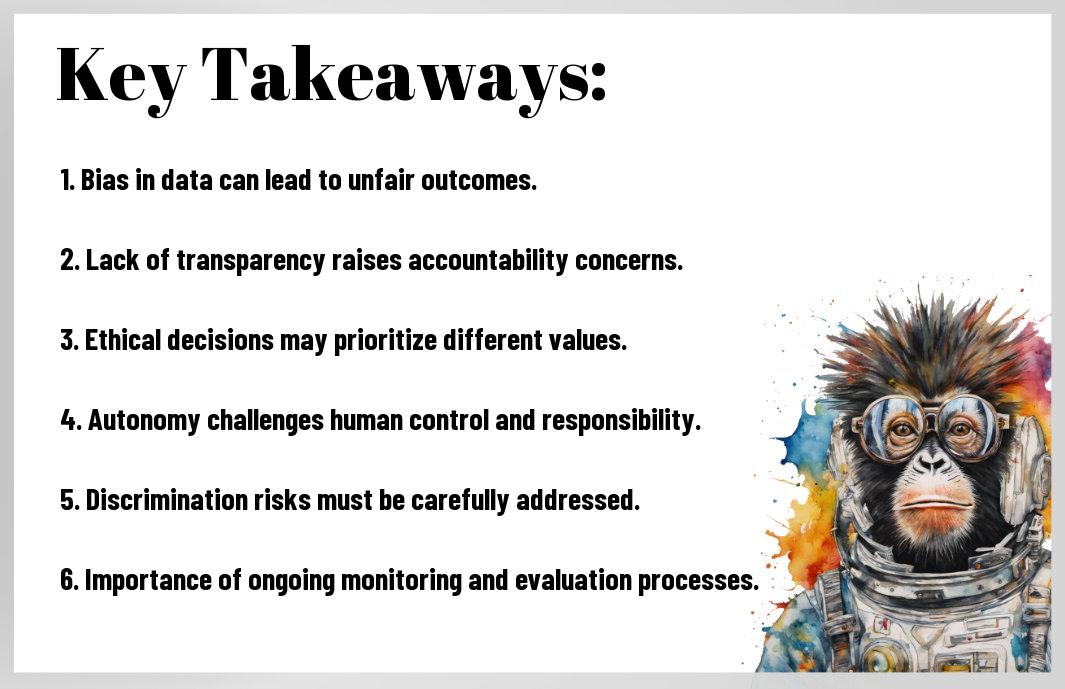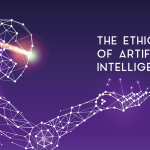Ethical dilemmas unravel when autonomous decision-making algorithms take the wheel. As we examine deeper into artificial intelligence and trust machines to make choices, questions of morality and responsibility arise. How do these algorithms reflect our values, biases, and intentions? This essay explores the ethical implications of ceding control to autonomous decision-making algorithms and the impact on society at large. Join us in navigating the complex web woven by technology and ethics.
The Rise of Autonomous Decision-making Algorithms
For insightful perspectives on the ethical implications of autonomous decision-making algorithms, check out The Ethical Implications of Artificial Intelligence in Decision Making.
Definition and Examples
Decisionmaking algorithms are systems that use predefined rules and logic to make decisions without human intervention. Examples include self-driving cars determining optimal routes based on traffic patterns and automated trading algorithms making split-second financial decisions.
Growing Dependence on Automation
Rise in reliance on automated decision-making processes raises concerns over accountability and transparency. For instance, in healthcare, the use of algorithms to diagnose diseases may impact patient trust if the reasoning behind a diagnosis is not transparent or clearly understood by medical professionals.
Ultimately, as we integrate more autonomous decision-making algorithms into various aspects of society, understanding their implications is crucial to ensuring ethical use and societal well-being.
Ethical Concerns and Implications
Bias and Discrimination
Bias in autonomous decision-making algorithms can perpetuate discrimination by reflecting inherent biases present in the training data. Algorithms may inadvertently learn and amplify existing societal prejudices, leading to unfair outcomes for certain groups.
Lack of Transparency and Accountability
Any lack of transparency in the decision-making process of algorithms can make it difficult to understand how and why certain decisions are made. This opacity can lead to a lack of accountability, making it challenging to address any biases or errors that may be present in the system.
Understanding the ethical implications of autonomous decision-making algorithms is crucial in ensuring that these systems are developed and used responsibly. It is vital to address issues of bias, discrimination, transparency, and accountability to promote fairness and equity in algorithmic decision-making processes.
The Human Factor
Once again, delving into the ethical implications of autonomous decision-making algorithms sheds light on the role of humans in this complex interaction. A study titled (PDF) REVIEWING THE ETHICAL IMPLICATIONS OF AI IN … highlights the critical need to examine how these algorithms affect individuals and society as a whole.
Job Displacement and Economic Impact
Impact on job displacement and the overall economic landscape is a significant concern when it comes to autonomous decision-making algorithms. As these algorithms become more prevalent, they have the potential to disrupt traditional job markets and create economic disparities.
Psychological Effects of Algorithmic Decision-making
One major area of concern regarding autonomous decision-making algorithms is their psychological impact on individuals. The reliance on these algorithms for important decisions can lead to a sense of loss of control, increased stress, and a lack of transparency in decision-making processes.
Algorithmic decision-making can also potentially lead to issues such as algorithmic bias, where the decisions made by these algorithms reflect and perpetuate existing societal inequalities and stereotypes. This further underscores the importance of considering the psychological effects of autonomous decision-making algorithms on individuals and society at large.
Summing up
Upon reflecting on the ethical implications of autonomous decision-making algorithms, it is clear that while these tools offer efficiency and convenience, they also raise significant concerns about bias, accountability, and transparency. As discussed in the article on Ethical Risk Factors and Mechanisms in Artificial Intelligence, it is imperative for society to carefully consider the ethical implications of relying on these algorithms to make decisions that impact individuals and communities.





